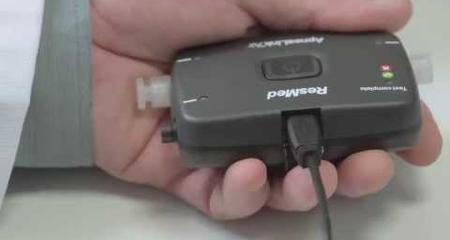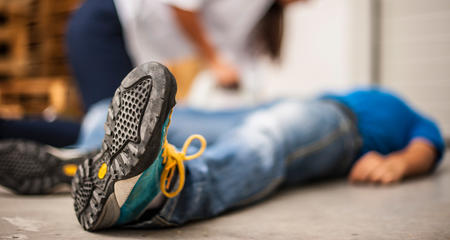Sleep is vital to our mental and physical health each day, and not getting enough sleep affects your physical and emotional well-being.
Sleep disorders can increase your risk of heart disease, high blood pressure, diabetes, stroke and obesity. They can affect relationships and job performance. They also have been shown to contribute to traffic and industrial accidents.
A medical condition, stress, psychological issues, or environmental factors can cause sleep problems. Common sleep disorders include:
- Sleep Apnea
- Restless Legs Syndrome
- Insomnia
- Narcolepsy
- Parasomnias and Night Terrors
- Periodic limb movement disorder (PLMD) is characterized by periodic, involuntary leg twitching or jerking movements that occur during sleep. More than 80 percent of people with restless legs syndrome also experience PLMD. The movements caused by PLMD are involuntary, unlike RLS. Although most people with RLS develop PLMD, most people with PLMD do not experience RLS.
- Inadequate sleep hygiene (bad sleep habits) is a sleep disorder caused by the performance of daily living activities that are inconsistent with the maintenance of good quality sleep and full daytime alertness.
- Jet lag temporarily causes fatigue, insomnia and other symptoms as a result of air travel across time zones.
- Shift work for second- or third-shift workers results in difficulty sleeping during the day and trouble staying awake during their shift at night. Workers who are most affected work between 11 p.m. and 7 a.m. and those who do rotating shifts. Night shift workers are likely working during the time in their circadian rhythm (the body’s internal regulator of sleep and wake) when their brain is most sleepy.
- Sleepwalking is characterized by walking or other activity while seemingly still asleep. Sleepwalking may occur at any age, but most often occurs in children ages 6 to 12.
Secondary Sleep Disorders
In addition to primary sleep disorders, more than 50 secondary sleep disorders have been identified, including:
- Snoring
- Eating disorders
- Bedwetting
- Circadian rhythm sleep disorder
- Hypersomnia
- Environmental sleep disorder
- Teeth grinding
- Delayed sleep phase
Sleep Disorder Symptoms
Because sleep impacts so much of our physical and mental health, there are many symptoms associated with a sleep disorder. Here are the most common:
- Excessive daytime sleepiness and fatigue
- Snoring, interrupted by pauses in breathing
- Gasping or choking during sleep
- Waking up with headaches or a dry throat
- Falling asleep while driving or during other daytime activities
- Irritability and mood changes for no apparent reason
- Restless sleep
- Intellectual decline
- Poor judgment
- Irritability or quick mood swings
- Frequent short attention spans during the day
- Experiencing chest pain while sleeping (nocturnal angina)
- Depression
- Obesity
- Sexual dysfunction
Do You Suspect You Have a Sleep Disorder?
Take the quiz, and then talk to your physician about getting a referral for a consultation with a sleep medicine specialist. An order from a physician is needed for all tests.

